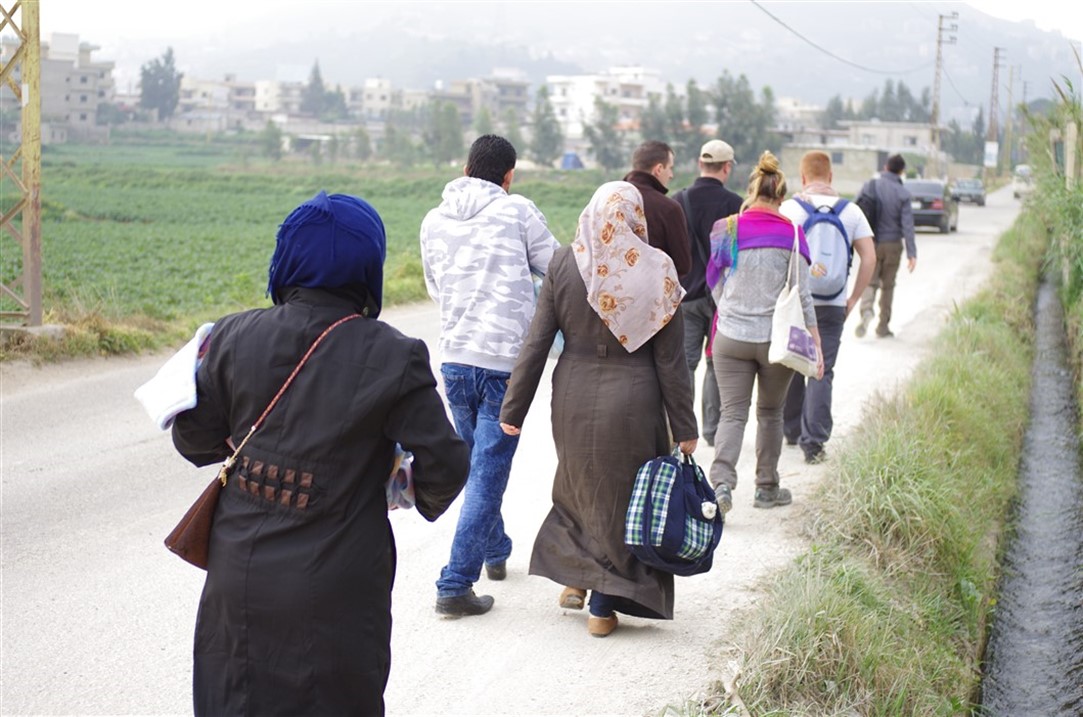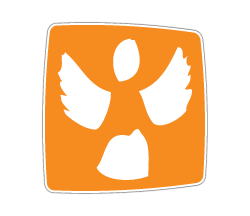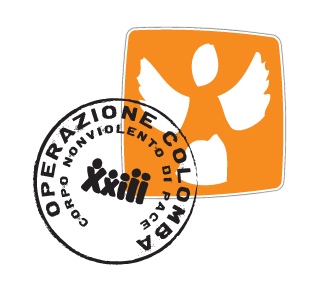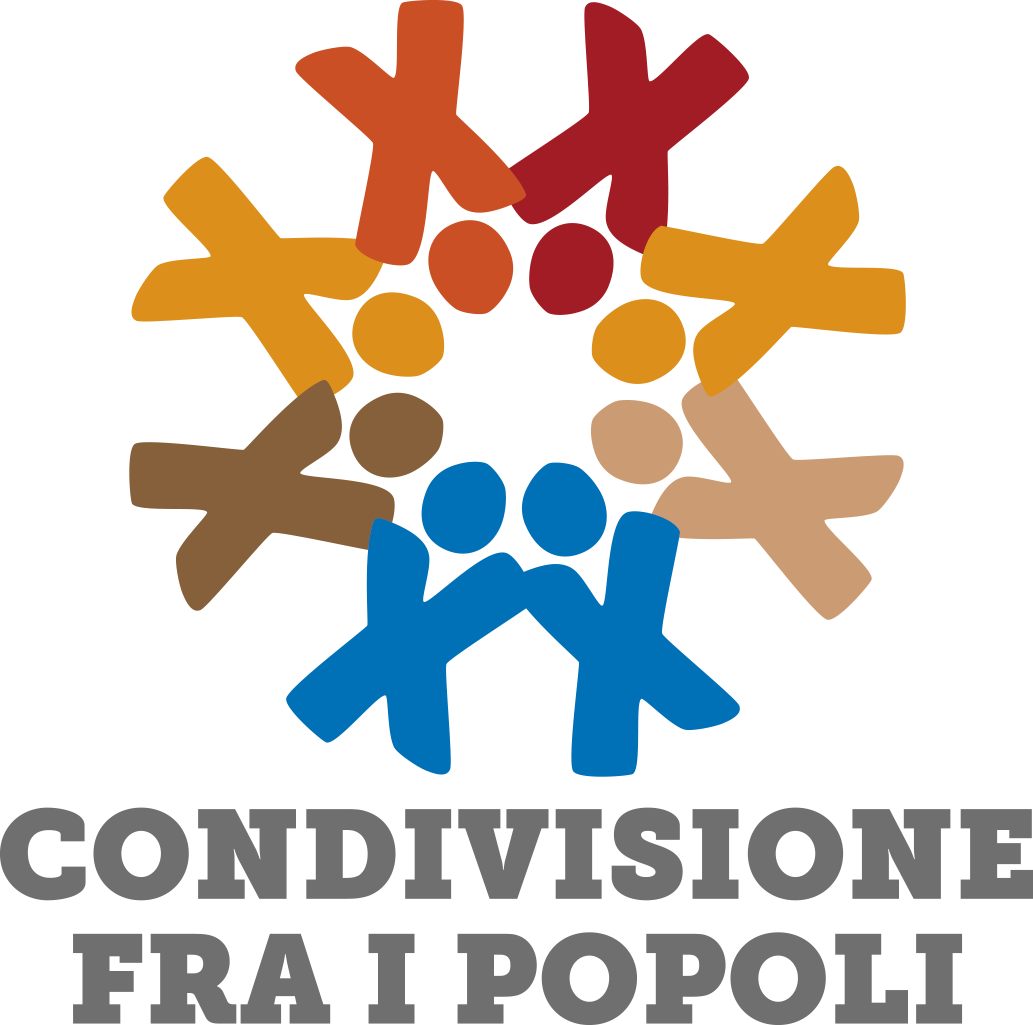
The death of Ayyed left us with a bitter taste, a bite too big especially for his relatives and friends, who had to swallow too many bitter pills in these years. Ayyed was a young boy living in a lock-up with his family. Together, they ran away from Syria not to be afraid of war. But here they find themselves running to survive, chasing the stolen dignity. Some of us knew him since a while, others spent even the eve of the year with him, yet others just caught a glimpse of him, but Ayyed was there and, even if he was living like any other refugee a ghost life made of narrow spaces and sacrifices, he was chasing his stolen dignity too. Ayyed’s family, as all the refugees, are running at full speed – and us with them – trying to look for the easiest terrain, to make the struggle less hard or at least to struggle together. Ayyed ran in a different way because of his down syndrome and for a blood disease that forced him to look for help every three month so to find donors. His parents were running together with him and were keeping up with him, with a watchful eye and an open heart. On Friday night, Ayyed felt not good and he was bounced from one hospital to another for 24 hours. No doctors heard his mother shouts expressing the pain for her child. Nobody ran with them, none heard Ayyed’s needs because his family didn’t have money to pay even a simple check-up, because a debt of 70.000 LBP (around 45 EUR) blocked any other possible help, because a Syrian boy doesn’t get the same treatment as any other human being. It’s well known a run is a matter of minutes, if not seconds, and Ayyed is dead, indeed. He died at home while he was waiting for somebody who could evaluate if the needed treatment was whether urgent or not, if he was exempted from payments, hence whether he had a right to dignity or not. Ayyed died between his mother’s arms who was tired of running, in front of his father’s eyes that have seen so many injustices. Everybody here is asking how it’s possible to keep on doing nothing in front of this injustice, but this is the exact reason why even when their breath is short and their legs are heavy we keep on going at the rhythm of those seeking dignity.





 OPERAZIONE COLOMBA
OPERAZIONE COLOMBA
